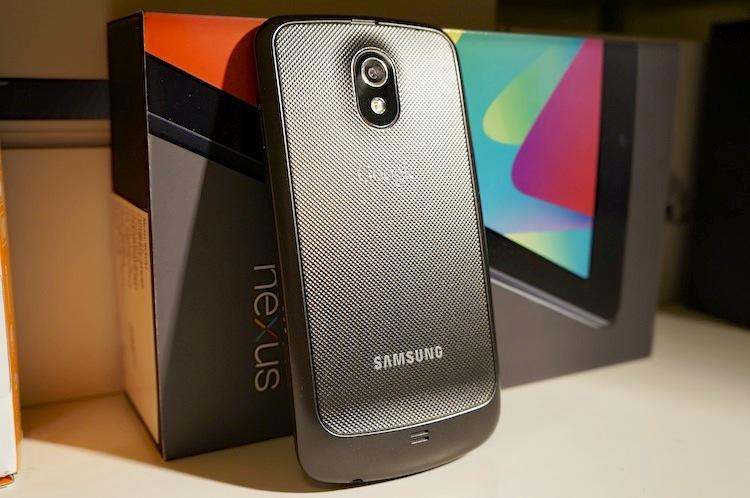
The first time I ever used webOS was with version 1.0, the original Palm Pre. I worked as a wireless sales consultant at the time and worked the day of the the Pre launch. So I picked one up before I left work and quickly fell in love … at least with the software.
Even in its early days, webOS was a beautiful thing. It was intuitive, largely powered by simple gesture controls – that admittedly had a slight learning curve – and showed great potential and promise for the future of smartphone platforms.
The one thing Palm didn't offer with webOS that its competitors offered, however, was innovative hardware. The HTC Hero, which launched around the same time as the Pre was comparable to Palm's first webOS smartphone in both size and specifications. But with Android being open sourced and backed by the search engine giant, Google, partners were quick to dive in and bring their own hardware to market. But by the time Palm was working on pushing the slightly improved Palm Pre 2 to the market, competitors like Samsung and HTC were pushing out highly refined second-generation hardware on Android 2.3.
In short, Palm wasn't moving fast enough for the volatile smartphone market, quickly started losing market share, faced plummeting stock prices and eventually was swallowed by HP. To cut a long and uneventful story short, HP did no better with webOS than Palm did and the platform hit rock bottom with the short-lived HP TouchPad and Pre 3.
But, through all the turmoil, two things about webOS never changed: how beautiful and promising it was and how much people loved it. For its short and ill-fated time on the market as a serious competitor, webOS garnered the adoration of the majority of those who used it.
Fortunately, HP CEO Meg Whitman announced HP would continue to develop the web-based platform as the Open webOS project. The somewhat bleak portion of that news is that HP has no current plans for a smartphone. Just today, Whitman explained that HP needs to find what its "unique play" will be and that they have a desperate need to enter the smartphone market within the next five years.
On a lighter and much more exciting note, HP released Open webOS version 1.0 to the world last Friday. And just a few, short hours later, the webOS-Ports team managed to port Open webOS to a Galaxy Nexus and get the software up and running. In a short demonstration video, however, it was pretty evident that the port isn't quite ready to be anyone's daily driver. Despite the fluidity of webOS many of us came to love and the processing power of the Nexus, a lack of hardware acceleration and optimization made the software lag beyond usability.
In short, Open webOS isn't ready for prime time on the Nexus just yet. No less the webOS-Ports team posted the source code for the port, making it available to the public and those who dare get their hands dirty in pre-alpha software that could turn many smartphones into very expensive paperweights.
I'm not readying my modding hands just yet, but it just so happens I have a spare Galaxy Nexus laying around, and it's begging to be used. The minute the development team publishes a fairly smooth working version of this Open webOS port for the Galaxy Nexus, I will be digging in, matching the hardware and software I always felt would have made a perfect match. (For the record, I always wanted a webOS phone made by Samsung. Android and Me's Dustin Early and I had this theory back in the day that Samsung hardware and webOS would be a near-perfect match for each other. And the fact that the Galaxy Nexus comes without physical or capacitive buttons is the icing on the cake.)
I not only have two questions, which I'm sure will go unanswered for the time being. The lack of information has me a bit hesitant, but in due time, I'm sure this dev team will deliver a fine product.
Evan asked, "Which current device would you run Open webOS on?" To be realistic, I would put it on the Nexus 7, or possibly the Note II. If I could have it on any device, surprisingly, I would put it on the iPhone 5. But a Galaxy Nexus will most definitely suffice. And it's one of the very few things I cannot wait to get my hands on.
Viva la webOS!
Tell me, readers, when (or if) Open webOS is ported to a device in your possession, will you be testing the webOS waters? Or are you waiting for webOS to mature and HP to release an official Open webOS smartphone? Does anyone miss webOS quite as much as I do?